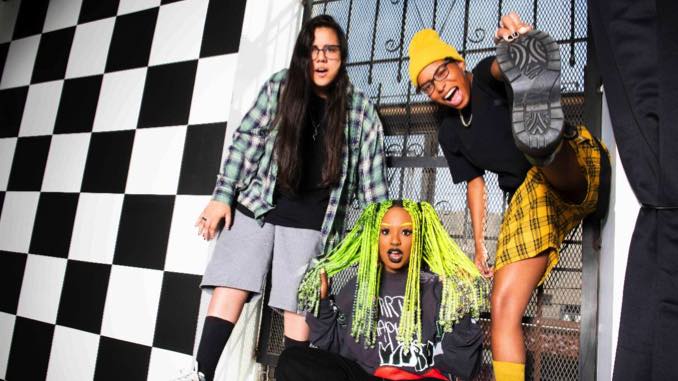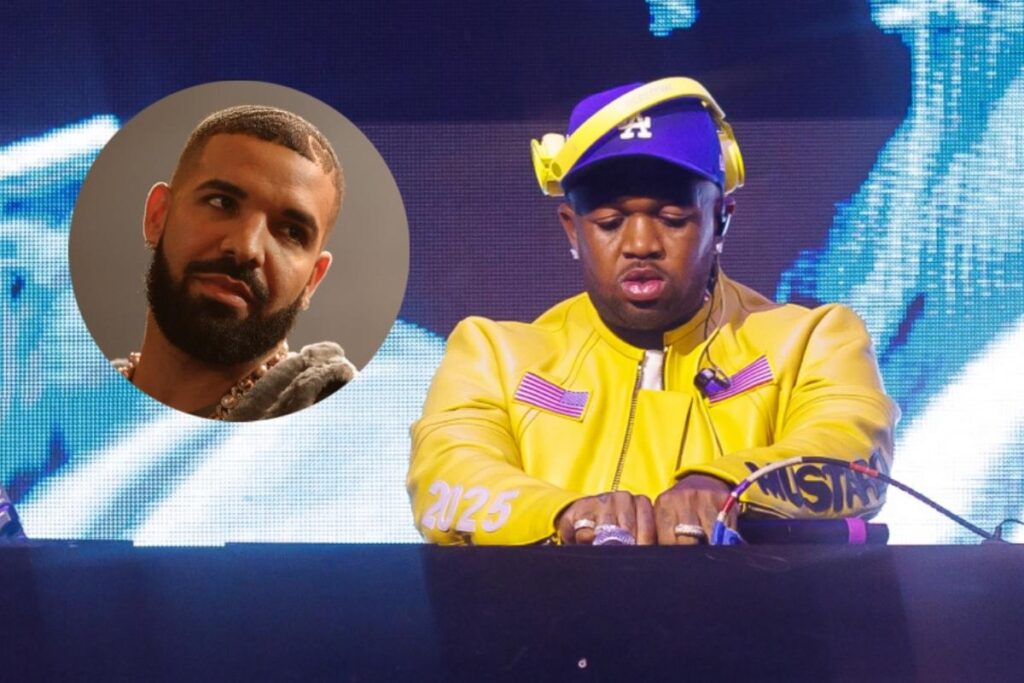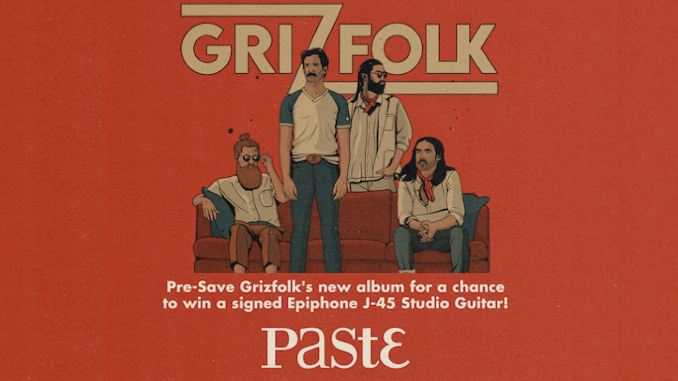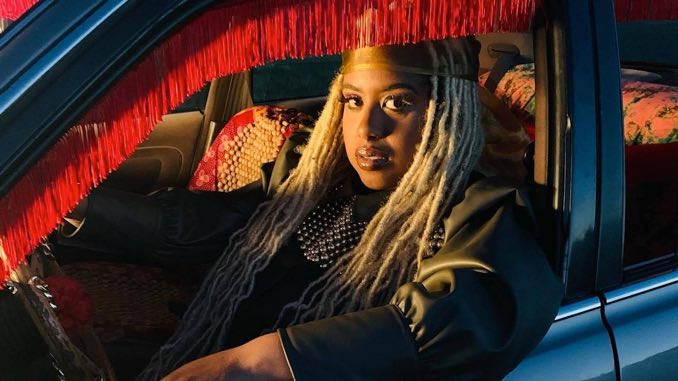Is This It?
examines the current state of rock music through a modern-day lens, highlighting the artists, perspectives and sounds that have kept the genre and its dedication to counter-culture alive.
Back in October 2021, I interviewed Edith Johnson, of pop-punk band Meet Me @ The Altar. The article was positioned as a look back on 2021, and when I asked Johnson—whose recent accomplishments include being the first Black woman fronting a band on Fueled By Ramen records, successfully releasing an EP in a pandemic, and touring the world with bands who used to appear on her iTunes playlists—what emotion she’d use to describe the past year, her answer was staggering. “Bittersweet,” she shared, before explaining, “We were there before and no one was seeing us or paying attention to us, but we started getting attention when George Floyd was murdered.” I, like her, recognize the benefit of taking advantage of opportunities I should’ve had in the first place, but it doesn’t come without a mix of emotions, because as she continued, “People woke up because of the murder, but it just sucks that we were able to succeed from such a bad thing.”
That sentence encapsulates the same unease I experience when my inbox overflows in February, as if Black artists and journalists are only worth highlighting or commissioning during the shortest month of the year, or the visceral reaction I had to Beverly Bryan illuminating the truth of my experience by tweeting, “Did it hurt? When you realized that after all this time white male music critics still get to be generalists no questions asked, or choose their niche, while everyone else is kind of expected to write about music by the artists who look like them?” For artists (and even journalists) who want to be representative of what’s possible for Black creatives, but also desire to be recognized for their work, what’s the best way forward? How can Black rock artists get to just be rock artists, full stop? It’s a question I often ask during interviews, mostly because it’s for the story, but also because I could use the advice.
It’s a bizarre issue to solve for countless reasons, one of which is that rock music is Black music down to its core creation. Even now, the artists dominating rock radio have a sound shaped by Black musicality, many of them white artists immersing themselves in Black influences by dipping into the blues, hip-hop, R&B and even gospel foundations to create their music. So, in short, “Black rock” is redundant, the same as saying “rock rock.” But Black rock artists, much like “female-fronted bands,” aren’t granted the option of only being identified by their work—something offered by default to their white male counterparts. Which is why, outside of this article, you’ll never read the sentence, “Check out the cis white male rocker making an impact on the genre!”
I’m not hiding my hands and saying I haven’t emphasized the race of an artist with the good intention of giving their story an angle deemed worthy of publication. But even though I’ve made telling the stories of Black rock artists an inner mission of reclamation (if we don’t tell our own stories, who will?), I try my best to tell those stories without tokenization, and with an understanding that if their race isn’t integral to the story or explored in their music, it’s not worth mentioning. But in interviewing those artists, and writing about them, it’s clear that not everyone approaches their stories in the same way.
One artist shared with me that someone told them, a Black woman making rock music, directly, “Black people just seem less likely to make rock music.” Another told me that, though they appreciate the support, it irks them when their band is included on a list of artists when the only thread connecting them to other mentions on the list is their race, which has nothing to do with a shared sound or genre. I even talked to one artist who told me she simply refuses to answer interview questions she wouldn’t be asked if she were white, and I can’t help but see that as fair.
As the saying goes, though, “If you can see it, you can be it,” and the importance of visibility of Black artists in a predominately white genre woefully in need of diversity can’t be overstated. However, the framing of Black rock artists often leans towards separation, as opposed to awareness. In some cases, dropping “Black” in front of artists feels like a less obvious, yet equally insidious act as dropping “Afro” in front of some genres. It’s the same core issue that can be seen when awards categories and genre classifications are based solely on skin color, with little to nothing to do with their music. It’s something musician and scholar Jake Blount put succinctly when he described how referring to music created by Americana artists who are Black as “Afro-Americana” was tantamount to “restructuring the genre so that Black artists must compete with one another in the Negro leagues for limited seats at the main table.”
I don’t have the answers to exactly how or when Black rock artists will get to simply be referred to as rock artists, but I am an optimist who believes we’re heading in the right direction. For the time being, I tend to lean towards Mia Berrin of grunge-pop outfit Pom Pom Squad’s approach to the issue. “I feel like there’s gotta be bad representation before there’s good representation,” she shared with me when asked how she balances the desire to be an example of possibility without being pigeonholed. “We’re not on the other side of it yet where there’s normalization, and if I have to be interviewed as a Black artist right now so somebody can see me who might not have seen me before, and who might need to see me, then so be it, as long as I still get to talk about the music that I make, and I still get to be the singer, the producer and the writer.”
Luckily for the genre, there’s no shortage of artists who are willing to take on the daunting task of going first, chipping away at the barriers making it harder for Black musicians to succeed—artists who don’t need the world to tell them who they are, and are content crashing the party without an invite.
Erica Campbell is a host and rock journalist with stories in Spin, NME and Alternative Press. She’s the former music editor of Consequence and owns a star ornamented boot collection that would make David Bowie proud. You can confront her about her boot hoarding habit on Twitter, and check out her latest stories and interviews at campbellerica.com.




